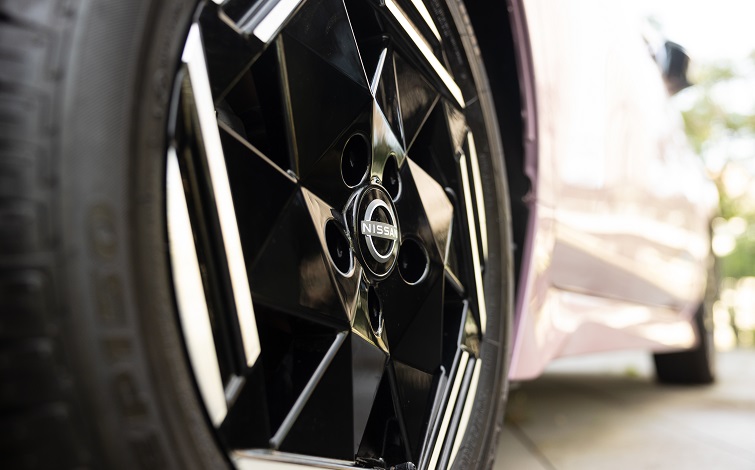Nissan Motor Co. is recalibrating its electric vehicle strategy for the United States market, temporarily halting plans for two battery-powered sedan models while expanding its overall EV lineup to include five vehicles, predominantly crossover SUVs. The Japanese automaker confirmed this strategic shift on Tuesday, citing the need to align product introductions with evolving market demands.
“We are adjusting the timeline for the introduction of these five new models to ensure we bring the vehicles to the market at the right time,” a Nissan spokesperson explained. While the electric sedans remain in the company’s long-term production plans, the decision reflects a prioritisation of crossover SUVs, which are expected to hit the market ahead of the sedan models.
The revised lineup for the U.S. market will heavily feature battery-powered crossover SUVs, catering to the growing consumer preference for these versatile and spacious vehicles. Nissan’s move aligns with broader industry trends, as demand for crossovers and pickup trucks has outpaced that of traditional sedan formats over the past few years, driven by American consumers’ affinity for the convenience and utility these platforms offer.
Notably, Nissan’s Canton, Mississippi factory is slated to play a pivotal role in supporting the manufacturing of these next-generation electric vehicles, underscoring the company’s commitment to localising EV production in the United States.
The announcement comes amid a broader recalibration of electrification strategies across the global automotive industry. Weaker-than-anticipated demand for electric vehicles has prompted several automakers to reassess their ambitious EV rollout plans, temporarily shifting focus towards hybrid and gasoline-powered models to better align with current market realities.
In March, Nissan had unveiled an ambitious roadmap to accelerate its EV transition globally, including plans to introduce seven new electric models in the United States by 2026 and establish an EV manufacturing hub within the country. However, the company’s decision to pause sedan development suggests a pragmatic approach to managing product introductions and aligning with evolving consumer preferences.
As the electric vehicle landscape continues to evolve, automakers like Nissan are demonstrating flexibility in adapting their strategies to ensure successful market penetration. By prioritising crossover SUVs and leveraging its domestic manufacturing capabilities, Nissan aims to position itself as a formidable player in the rapidly growing EV market, while remaining responsive to shifting consumer demands.




